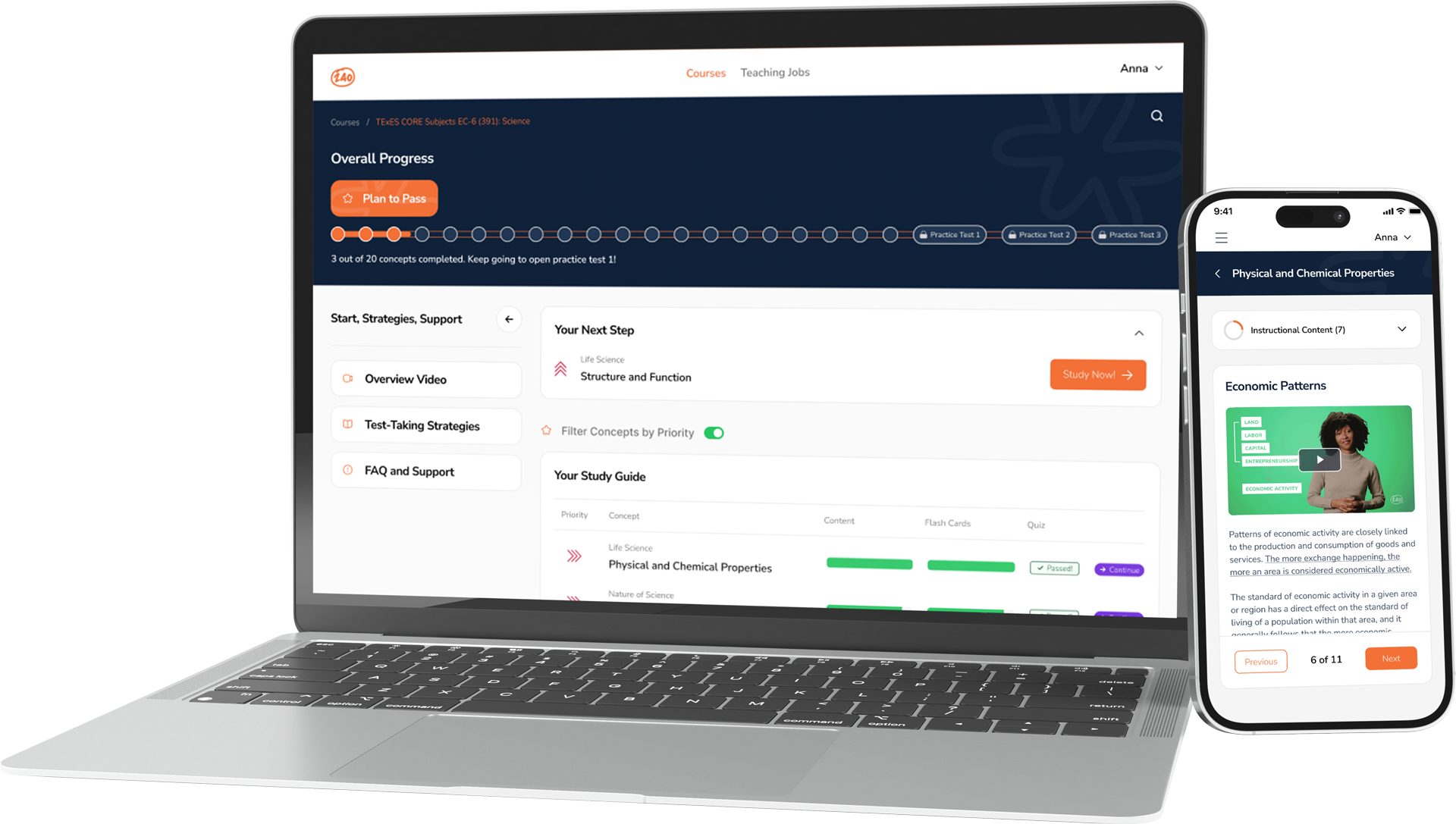Top Tips To Succeed as a Paraprofessional


You got your first job as a paraprofessional, but now what?! Working alongside teachers while providing instructional support is an exciting opportunity and rewarding experience. You have a big part to play in the education of the students. But you might be feeling like you could use more paraprofessional training. Here are a few tips to make your paraprofessional career a success!
Build Relationships as a ParaPro
We all know building strong relationships can make a big difference in a student’s education. Building strong relationships with students can significantly improve their motivation to learn. Most of your day will be spent working with small groups of students or supporting different classrooms. How you interact with the students will influence how they feel when you are around them. Here are some ways to build positive relationships with your students:
- Notice their interests and find a few minutes to chat about them.
- Show interest in their hobbies or sports they participate in.
- Praise them when they do something well and encourage them when needed.
- Smile! Don’t be afraid to show you have a sense of humor, when appropriate.
If students are happy and willing to accept your guidance and help, your job will be much easier.
Don’t forget to build relationships with teachers and staff as well! They will feel more comfortable having you in their classrooms once they know you, and they will appreciate what you say and share. Those relationships will last even if you are no longer helping them in their classroom.
Ask All the Questions!
Ask questions without fear! Throughout the day, you will interact with different students and teachers, so it is important to ask questions when something new arises or when you are not certain how to help. It is better to ask what is required of you rather than guess and not utilize your time effectively. Teachers can also provide guidance on how to best support the students you are working with. They will be happy to know you are interested in learning how to best support them and their students. Here are some common questions you may need to ask.
- What am I expected to work on with this student?
- Where can I find the necessary materials?
- I noticed my student is having trouble with __. Do you have any suggestions on how to handle this?
- What is a good resource to use with __?
Share Ideas
Paraprofessionals play an essential role! Do not take for granted your abilities and your ideas. Are you inspired by an experience you had in another classroom and believe that it could benefit other students? Share the idea! Does something you’re doing no longer seem to be working? Share what you think could be done instead! Don’t hesitate to share your thoughts and ideas with teachers if you know they will benefit the students. They will thank you for being part of the team! Your voice is very important.
Constantly Communicate
In some cases, you may spend more time with a specific student than their general education teacher. Share any important events that occurred throughout the day. Teachers will appreciate this communication since they are in direct contact with parents and can notify them of everything that happens during the day. Also, having open communication with the teachers you work with is important because you might have observed something they didn’t that needs to be discussed with the student.
Flexibility is Key
There’s no such thing as a typical day. There may be days that you work with a small group of students, then the next day you may have to help with cafeteria or recess duty. Depending on the needs of the school, you may be pulled in a different direction each day. Even though change isn’t convenient, having a positive attitude when it occurs will speak highly of you.
True Stories from ParaProfessionals
“My second year as a parapro, I was helping in a classroom with a specific student who was a very reluctant learner. He would cry when we would work in our small group, wouldn’t try or participate, and always seemed to find ways to get distracted. After talking to him one on one during recess, I learned he loved dinosaurs. I then bought a little stuffed dinosaur to school. He immediately asked what his name was (we named Danny the Dino) and we talked about how he was going to join us during small group time because he wanted to learn. That student changed his attitude after I found what he liked and even asked to borrow Danny the Dino to read to him at home!”
“Last year I was assigned to support a teacher who had an all virtual class. She needed support with her enrichment group who would meet in a separate breakout room. At first, I was very intimidated by the use of technology and helping them virtually. Unsure of what to do, I approached the teacher and asked for guidance. She was happy to model what she was expecting me to do with students and was glad I asked for help to best support the students.”
“The Pre-K teacher I support loves doing easy crafts with her students that go along with the units and themes they work with. I noticed she had been very busy lately and wasn’t incorporating as many crafts as usual. The next week I brought a few examples of crafts that could work well with our upcoming units. She was very excited about my initiative to help! Since then, I feel more comfortable finding one or two activities to share with her that can support what she is already doing in class.”
“My favorite memory as a para was my first year! I was assigned to support so many teachers and was constantly being moved from one grade level to another. I didn’t mind it because I learned something new from each teacher/grade that helped me work best with other students. When I met with the principal at the end of the year, she praised my positive attitude knowing all the changes I had faced and how flexible I had been. She wrote that as one of my strengths in my evaluation. The next year, she would look for me when she had special tasks she needed help with because she knew I was dependable.”
Keep these tips in mind, and you’ll be sure to excel in your role as a parapro! Still working on becoming a paraprofessional? Check out our article that breaks down what you need to do to become one.


